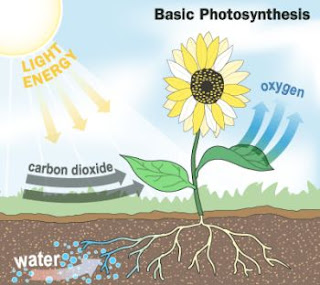What's in this post?
Here are some gambits and expressions that you can use in talking about jobs or professions.
A. Asking about jobs / professions.
- Do you have a job?
- Do you work full-time or part-time?
- Where do you work?
- What are you?
- What is he?
- What is your job?
- What is his job?
- What is your father's job?
- What is your occupation?
- What is your profession?
- What do you do?
- What type of job do you do?
- What does he do?
- What does your father do?
- What does he do for a living?
- How does he earn a living?
- What do you do to make a living?
B. Telling about jobs / professions.
- I am a student / a teacher / a bank clerk, etc.
- He is a soldier / a teacher / a doctor, etc.
- I work as a teacher in a vocational school.
- He works as a consultant.
- I work for a foreign company.
- He works in a garment manufacturer and exporter.
- My job is selling computers online.
- Her job is handling telephone calls.
- He is in charge of the front office department.
- Her job mainly deals with customers' complaints.
C. Showing interest
- Are you?
- Wow! That must be interesting.
- How interesting!
- It must be a well-paid job.
- That sounds like a lot of hard work.
- That must be a lot of work.
- That must be a rewarding job.
D. Example Dialogue
Read the following conversation and practice it.| Anne : | Hi, Jim. I heard that you've got a new job now. |
| Jim : | Yes. I resigned from my old job two months ago, and moved to an exporting company. |
| Anne : | How do you travel to work now? |
| Jim : | By city bus. I usually take the A17 bus at 6:45 every morning. |
| Anne : | What time do you start work? |
| Jim : | At 8 sharp. |
| Anne : | And how do you spend the day in your new job? |
| Jim : | Well, in the morning I usually type letters to customers. |
| Anne : | What time is your lunch break? |
| Jim : | We have a one-hour break from 12 pm until 1 pm. |
| Anne : | And what do you do in the afternoon? |
| Jim : | I usually make telephone calls, and check incoming emails. |
| Anne : | Sounds interesting! What time do you finish work? |
| Jim : | I usually leave the office at 4.30 pm. |
| Anne : | I hope you like your new job, Jim. See you! |
| Jim : | Thanks, Anne. See you! |
I. Guess what profession is being talked about.
II. Answer these questions by referring to the example dialogue between Anne and Jim above.
- Where does Jim work?
- How long has he been working there?
- How does he go to work?
- What time does he catch the bus to work?
- What time does he start work?
- What does he usually do in the morning?
- What time does he have lunch?
- What does he usually do after lunch?
- What time does he leave work?
- What can you infer about the relationship between the speakers?
III. Explain these occupations. Use the Simple Present to tell about the places of work and what he or she usually does.
Example:A policeman : He usually works in the police station, but sometimes on the street. He controls the traffic and keeps situation in order.
- A bell boy : ....
- A receptionist : ....
- A teacher : ....
- A waitress : ....
- A farmer : ....
- A nurse : ....
- A firefighter : ....
- A front desk clerk : ....
- A carpenter : ....
- An architect : ....
- A shopkeeper : ....
- A tailor : ....
- A lawyer : ....
- A chef : ....
- A room boy : ....








